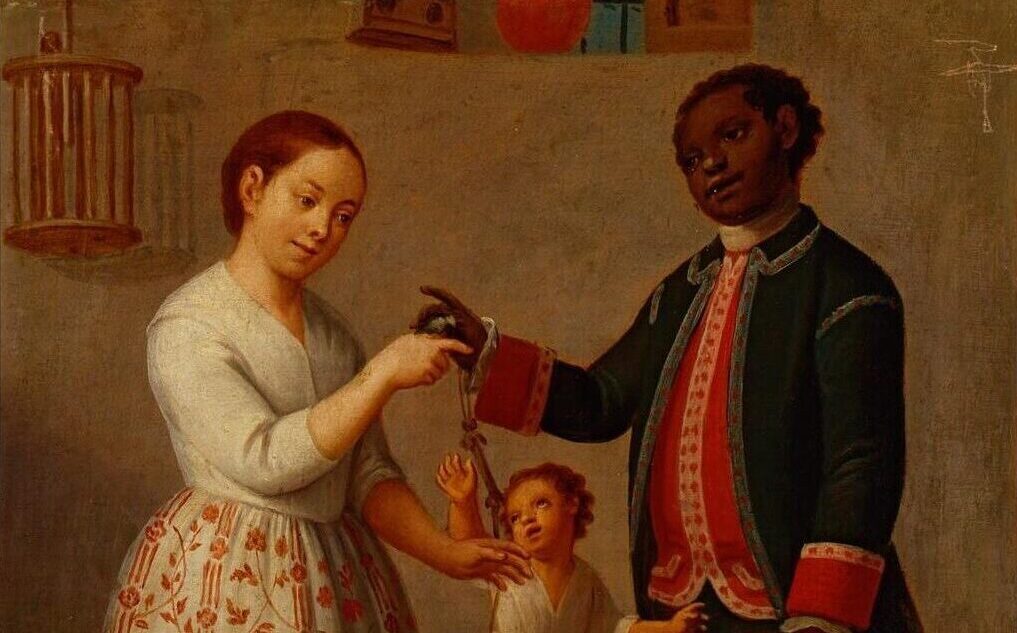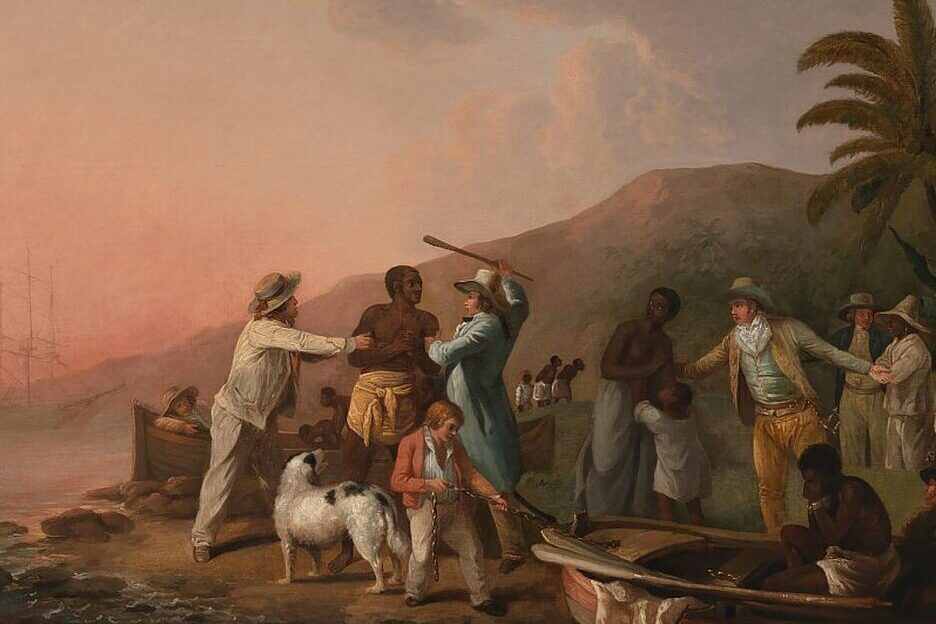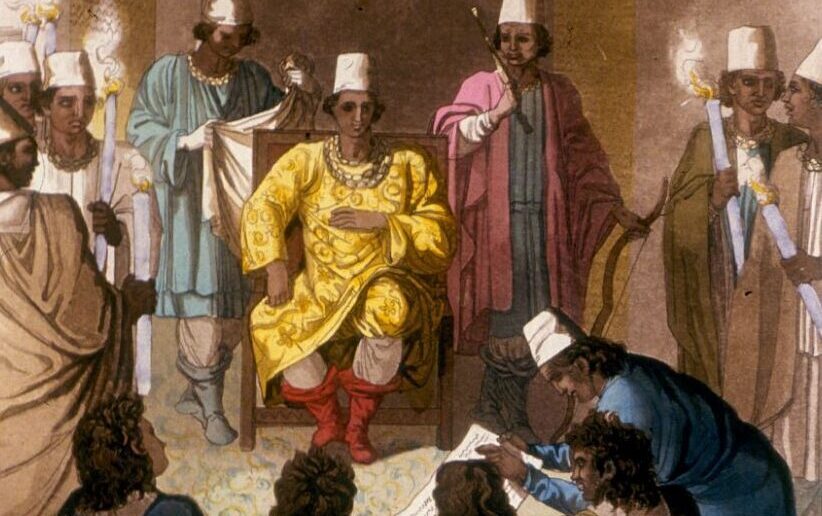Like some categories of archaeological remains, comparative historical linguistic evidence is necessarily anonymized. In this way, it matches the anonymizing, commodifying process of the slave trade itself, while still retaining evidence of the conflicting and complicated ideas enslaved and free African men and women drew on to understand and participate in the world, both on the continent and beyond. Language evidence supplements the more conventional primary sources we use in our teaching, allowing us to extend students’ understanding of Africans’ own ideas about the worlds they made and endured.
The simplified discussion questions provided here are intended to facilitate the use of language material as historical evidence in the classroom without expecting teachers or students to understand the methods of comparative historical linguistics that allow us to identify words as cognates of a common ancestral word root, as loanwords, or as (near) homophones. In this way, the questions are only intended to help students think about the historical evidence embedded in this unfamiliar archive. The questions do not reflect the full range of historical information or the complex historical interpretations possible through the methods of comparative historical linguistics. An instructor does not need to assign the article for which this archive was assembled and analyzed to teach with these materials. Although some questions are explored (and some answered) in the accompanying article, analysis of the data allows students to propose their own historical questions, problems, and interpretations in the face of the data itself. The questions do assume students know west central Africans participated in the Atlantic slave trade as merchants, enslavers, and the enslaved. Some questions assume further knowledge of regional history and political culture (or invite students to develop such knowledge from the data). Due to space constraints, the evidence is presented in the original European languages, exposing students to the processes of historical research, which often involves rough and preliminary translations. There are many other discussion questions and teaching exercises that might be developed from these data. Please do contact us to share your own teaching ideas—and let us know if we can post them to this site.



